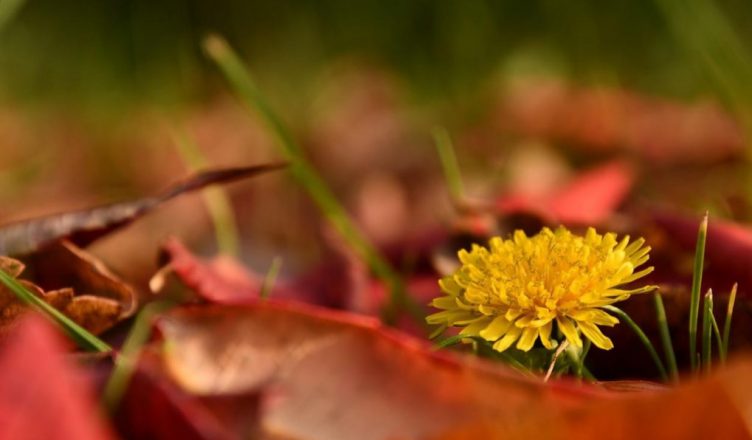The summer months are a great time to forage for nature-grown edibles. Depending on what part of the country you live in, you are bound to find a few wild foods to take back with you!
With food prices climbing, we will all hit our breaking point and will need to consider other options than going to the grocery store and getting back to nature to forage is a great alternative. Here are 33 delicious foods you find in the wild from July to September.

In our previous article in this foraging series, we stressed that with soaring inflation and grocery store shelves emptying, foraging is a great way to enjoy specialty food items for free. It is also more sustainable!
All you need to do is spend some time out in nature. As a side note, it is important to correctly identify medicinal or edible plants that grow naturally and abundantly all around you. If you are just starting out, it is especially important to take a book with you to correctly identify nature plants and food growing in your area. As well, check this article on the absolute best way to tell if a wild plant is edible.
A quick tip: we like to do this with our kids. It’s a learning experience for them as well, and they really love each having a book and trying to cross-reference. You should also take your smartphone if you have one. While it’s important to detox from technology and return to nature often, your phone can be a tool. I like to use Google Lens or the Leaf Snap apps to help me identify plants.
If there’s something I’ve never seen before, I would have nowhere to even begin in a book, so knowing the general idea of what I’m looking at can help. This helped me understand that I have cow parsnip, which is an edible plant that pollinators love, and not the noxious and highly toxic giant hogweed. Use both apps together with the books and it starts to get easier. You will rely on the apps less and less. When you have something on your property that looks very similar to a plant as dangerous as giant hogweed or even the poison hemlock, it’s very important to research as much as you can.
33 Foods You Can Forage From July–September
Here are a few things (area dependent) that you can be looking for to forage this month through September:
- Acorns
- Apples
- Beech nuts
- Bilberries
- Blackberries
- Burdock
- Chamomile Hot Tea In The Summer?! Here’s Why You Should Try It!
- Chickweed
- Chicory
- Cleavers
- Common Mallow
- Dandelion leaves and flowers (try our dandelion jelly)
- Elderberry
- Fat Hen
- Garlic mustard
- Gooseberries
- Hawthorn berries
- Hazelnuts
- Horseradish
- Juniper berries How To Use Juniper Berries in Herbal Medicine
- Nettle
- Plums
- Rowan berries
- Service Berries
- Sheep’s Sorrel
- Spearmint 3 Medicinal Herbs You Can Grow Indoors
- Sweet Chestnuts
- Sweet Cicely
- Walnuts
- Wild cherries
- Wild strawberries
- Wild Thyme
- Wood sorrel
As we drift further from nature, we often feel a sense of “missing” and even depression. People who work with nature, instead of against it are generally happier and more content in life than those living a fast-paced city lifestyle. Nature is an important need for so many of us and vital in keeping us emotionally, psychologically, and physically healthy.

Being in nature, or even viewing scenes of nature, reduces anger, fear, and stress and increases pleasant feelings. Exposure to nature not only makes you feel better emotionally, but also contributes to your physical wellbeing, reducing blood pressure, heart rate, muscle tension, and the production of stress hormones. It may even reduce mortality, according to scientists such as public health researchers Stamatakis and Mitchell.
source : Sara Tipton



